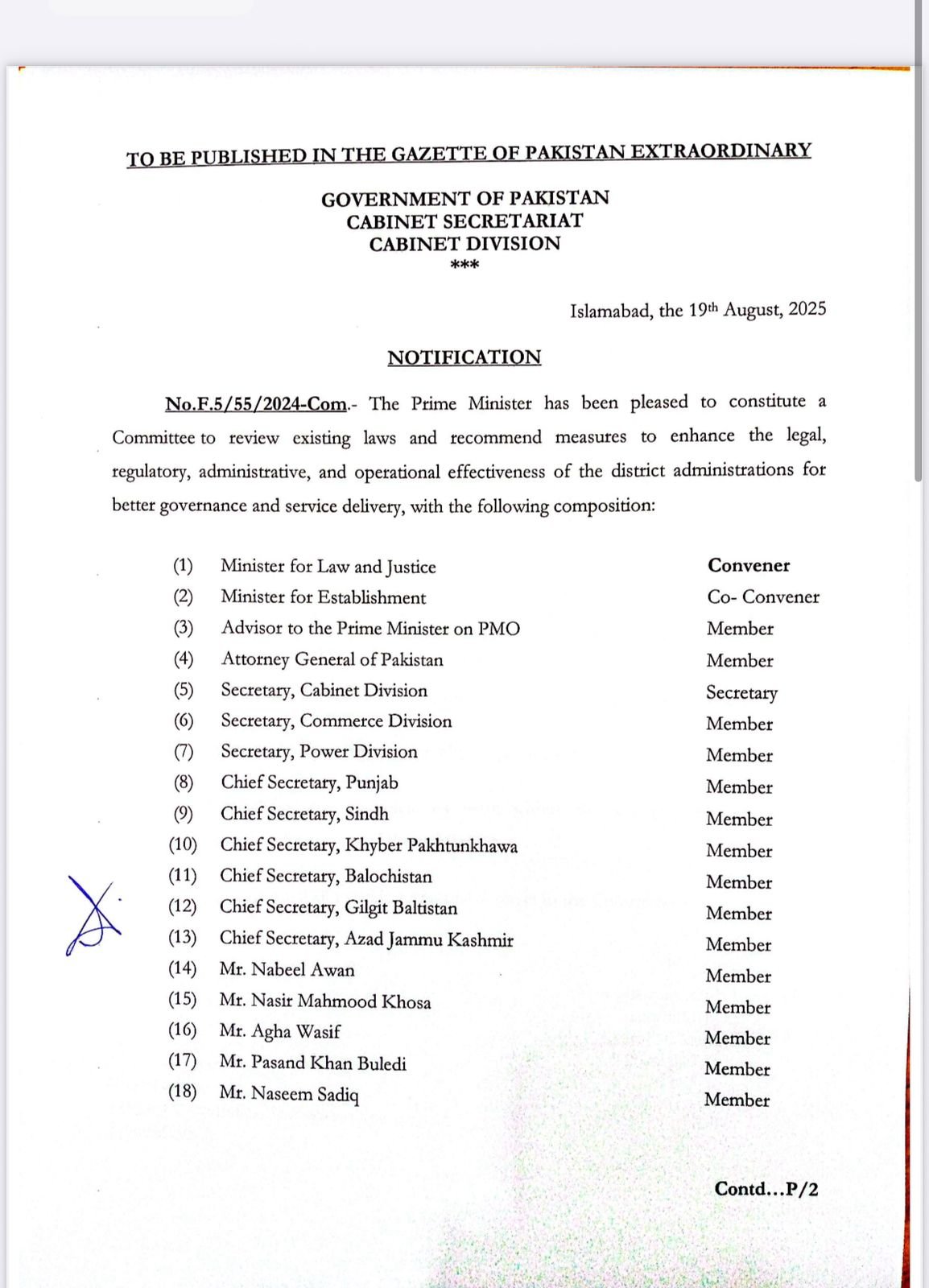Mubashir Nadeem
International Labour Day, or May Day, is celebrated annually on May 1st in many countries worldwide. This day is not just a national holiday, but a global event dedicated to the workers and labourers of the world. It serves as a reminder of the struggles they have faced throughout history to achieve better working conditions, fair pay, and basic human rights, and the global solidarity that exists among workers.
The roots of International Labour Day can be traced back to the late 19th century, a pivotal time when workers in the United States and Europe were engaged in a fierce battle for better working conditions. These conditions included long working hours, unsafe working environments, and low wages. Their demands included an eight-hour workday and safe working environments. This struggle for fundamental rights culminated in the Haymarket Riot of 1886 in Chicago, a tragic event that claimed the lives of several workers. In response, the International Socialist Conference proclaimed May 1st as International Labour Day in 1889, marking a significant turning point in the history of workers’ rights.
Over the years, International Labour Day has evolved into a crucial platform for workers worldwide to unite, demonstrating their shared purpose and community, and voice their demands for better working conditions, fair pay, and protection of their basic human rights. This day not only commemorates the strides made in the fight for workers’ rights but also serves as a stark reminder of the persistent challenges that need to be addressed.
One of the most significant impacts of International Labour Day is the increased awareness it brings to the often overlooked struggles that workers face worldwide. This day provides an opportunity for workers to unite and demand better conditions from their employers and governments. It also serves as a reminder to employers and governments of their responsibility to provide safe working conditions, fair pay, and basic human rights to their workers.
International Labour Day has also led to the creation of many labour laws and regulations worldwide that protect the rights of workers. For example, in the United States, the Fair Labor Standards Act of 1938 established the eight-hour workday and the 40-hour workweek, as well as minimum wage and overtime pay requirements. Similar laws have been passed in many other countries around the world, all of which aim to protect the rights and improve the welfare of labourers.
Therefore, International Labour Day is an essential day for workers worldwide. It serves as a reminder of the struggles that workers have faced throughout history and the progress that has been made in the fight for better working conditions and basic human rights. However, it also serves as a stark reminder of the work that still needs to be done to ensure that all workers are treated fairly and have access to safe working conditions, fair pay, and basic human rights. Today, workers continue to face challenges such as unsafe working conditions, low wages, and lack of job security, underscoring the ongoing relevance and importance of International Labour Day.
International Labour Day, also known as May Day, is an annual celebration observed on May 1st in many countries worldwide. The day is dedicated to the workers and labourers of the world, and serves as a reminder of the struggles they have faced throughout history to achieve better working conditions, fair pay, and basic human rights.
The origins of International Labour Day can be traced back to the late 19th century when workers in the United States and Europe were engaged in a fierce battle for better working conditions. Their demands included an eight-hour workday and safe working environments. This struggle culminated in the Haymarket Riot of 1886 in Chicago, a tragic event that claimed the lives of several workers. In response, the International Socialist Conference proclaimed May 1st as International Labour Day in 1889, marking a significant turning point in the history of workers’ rights.
Over the years, International Labour Day has evolved into a crucial platform for workers worldwide to unite and voice their demands for better working conditions, fair pay, and protection of their basic human rights. This day not only commemorates the strides made in the fight for workers’ rights but also serves as a stark reminder of the persistent challenges that need to be addressed.
One of the most significant impacts of International Labour Day has been the increased awareness it brings to the struggles that workers face worldwide. This day provides an opportunity for workers to unite and demand better conditions from their employers and governments. It also serves as a reminder to employers and governments of their responsibility to provide safe working conditions, fair pay, and basic human rights to their workers.
International Labour Day has led to the creation of many labour laws and regulations worldwide that protect the rights of workers. For instance, in the United States, the Fair Labor Standards Act of 1938 established the eight-hour workday and the 40-hour workweek, as well as minimum wage and overtime pay requirements. Similar laws have been passed in many other countries around the world, all of which aim to protect the rights and improve the welfare of labourers. These laws were a direct result of the demands and advocacy of workers on International Labour Day, demonstrating the significant impact of this day on the creation of labour laws globally.
Moreover, the development of international organizations such as the International Labour Organization (ILO) has played a crucial role in the success of International Labour Day. The ILO was established in 1919 under the Treaty of Versailles, with a mandate to promote social justice and promote decent working conditions worldwide. The ILO has been instrumental in developing international labour standards, promoting social dialogue between employers and workers, and providing technical assistance to countries worldwide to improve their labour rights. Its efforts have significantly contributed to the recognition and celebration of International Labour Day, serving as a global platform for workers to unite and voice their demands.
International Labour Day has also led to significant successes in the fight for workers’ rights. For example, in South Africa, the apartheid system denied basic human rights to black workers, including the right to form trade unions and engage in collective bargaining. However, the struggle of South African workers, supported by the international labour movement, led to the eventual abolition of apartheid and the establishment of a democratic system that guarantees basic human rights to all workers.
Therefore, International Labour Day has been a vital tool in the development of labour rights across the world. This day has led to the creation of labour laws and regulations that protect the rights of workers, the establishment of international organizations such as the ILO to promote social justice worldwide, and significant successes in the fight for workers’ rights. While there is still much work to be done to ensure that all workers are treated fairly and have access to safe working conditions, fair pay, and basic human rights, International Labour Day provides a powerful reminder of the progress that has been made and the continuing struggle for workers’ rights.
Pl, subscribe to the YouTube channel of republicplolicy.com















